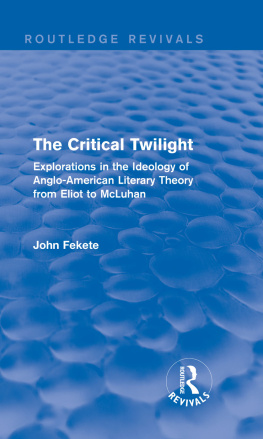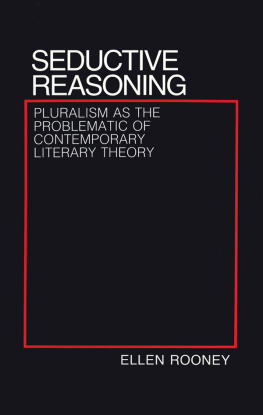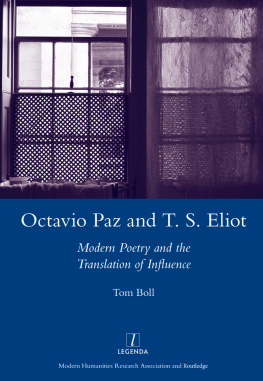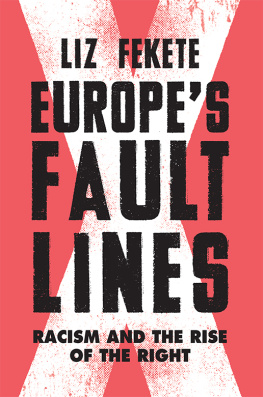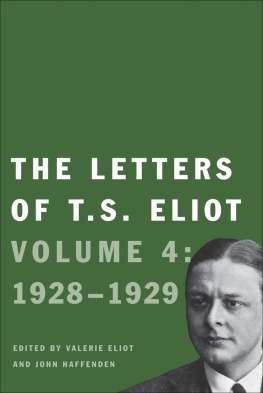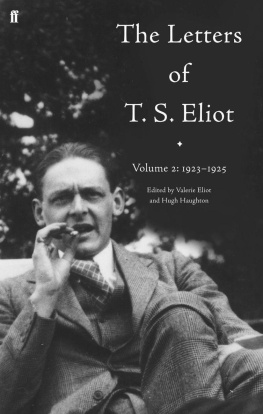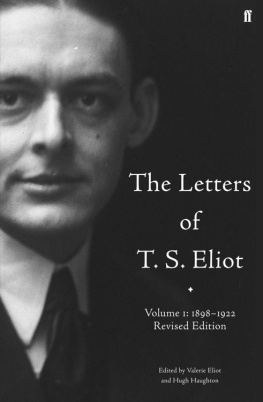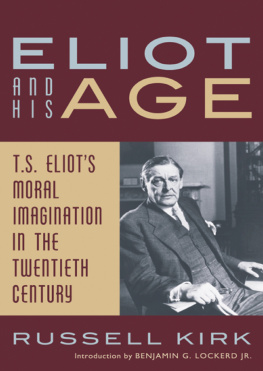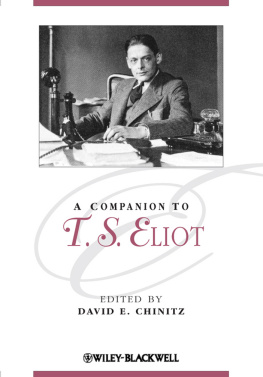
Routledge Revivals
The Critical Twilight
First published in 1977, this book was the first to map extensively the ideological typography of the Anglo-American tradition of literary theory. It interrogates, comprehensively and in detail, the assumptions and categorical development within critical ideas from I. A. Richards and T. S. Eliot, through John Crowe Ransom and the New Criticism, to Northrop Frye and Marshall NcLuhan. This analysis reveals the Anglo-American tradition of literary-cultural theory is most properly intelligible within the overall field of social consciousness as an ideology of progressive cultural rationalization. Against a background of ideological development since nineteenth-century Romanticism, John Fekete illuminates the boundaries of literary ideology in relation to the shapes and changes of modern culture and society.
The Critical Twilight
Explorations in the Ideology of Anglo-American Literary Theory from Eliot to McLuhan
John Fekete

First published in 1977
by Routledge & Kegan Paul Ltd
This edition first published in 2014 by Routledge
2 Park Square, Milton Park, Abingdon, Oxon, OX14 4RN
and by Routledge
711 Third Avenue, New York, NY 10017
Routledge is an imprint of the Taylor & Francis Group, an informa business
1977 John Fekete
The right of John Fekete to be identified as author of this work has been asserted by him in accordance with sections 77 and 78 of the Copyright, Designs and Patents Act 1988.
All rights reserved. No part of this book may be reprinted or reproduced or utilised in any form or by any electronic, mechanical, or other means, now known or hereafter invented, including photocopying and recording, or in any information storage or retrieval system, without permission in writing from the publishers.
Publishers Note
The publisher has gone to great lengths to ensure the quality of this reprint but points out that some imperfections in the original copies may be apparent.
Disclaimer
The publisher has made every effort to trace copyright holders and welcomes correspondence from those they have been unable to contact.
A Library of Congress record exists under LC control number: 77030187
ISBN 13: 978-1-138-79447-4 (hbk)
ISBN 13: 978-1-315-75920-3 (ebk)
JOHN FEKETE
The Critical Twilight
Explorations in the ideology of Anglo-American literary theory from Eliot to McLuhan

First published in 1977
by Routledge & Kegan Paul Ltd
39 Store Street,
London WC1E 7DD,
Broadway House,
Newtown Road,
Henley-on-Thames,
Oxon, RG9 1EN and
9 Park Street,
Boston, Mass. 02108, USA
Photoset in Compugraphic Times Roman
by Kelly and Wright, Bradford-on-Avon, Wiltshire
and printed in Great Britain by
Lowe & Brydone Ltd
Copyright John Fekete 1977
No part of this book may be reproduced in
any form without permission from the
publisher, except for the quotation of brief
passages in criticism
British Library Cataloguing in Publication Data
Fekete, John
The critical twilight.(The international library of phenomenology and moral sciences).
1. CriticismUnited States
I. Title II. Series
801'. 95'0973PN99.U57730187
ISBN 0710086180
To my parents, Lily and Stephen Fekete, with love and appreciation
Contents
For some forty years, from the 1920s to the 1960s, literary criticism occupied a place of quite exceptional importance in the intellectual life of the English-speaking countries. Its exceptional character, in comparison with the situation in otherwise comparable cultures, is now often remarked upon. It has been explained as a result of the absence of certain elsewhere important intellectual practices: classical sociology; philosophy in a mode wider than that of logical analysis; Marxism. Alternatively it has been explained as a specific consequence of the powerful intellectual traditions of Anglo-Saxon empiricism. There is some substance in each of these explanations, but it is impossible to reach any adequate interpretation unless the practice in question is directly studied. And this, in any full sense, has for different reasons been very difficult to do.
One major reason follows from the standard definition of this work as Literary Criticism. If that title is taken at face value, to indicate critical analysis and evaluation of literary textspoems, novels and plays, it is easy to see why it has a place in a culture but very difficult to see why it should claim, sometimes successfully, a central and even dominant function. The claim, it is true, has always provoked some bewilderment, and often some scorn. But this has been largely because, taking the practice only at face value, observers have noted only its assumed specialism and, in all its other manifestations, been able to diagnose no more than rash extension or effective displacement. Moreover such observers have been notably strengthened in this habit by the standard presentations of Literary Criticism itself. Throughout this period there has been strong emphasis, in defining the practice, on the analysis and evaluation of texts: to be sure as a necessary argument against other more peripheral kinds of literary study, but also as a description of the central discipline of more extensive kinds of analysis. Faced with this reiterated definition of attention to the words on the page, observers have been surprised and even practitioners mystified that the result of this attention has so commonly been a form of discourse about social life as a whole. That such discourse was valued and influential, in the period of its major importance, is now, indisputably, a fact about the culture in which it occurred. But, in the last ten years especially, it has become impossible either to accept the proffered relation between the specialist discipline and the general discourse, or, which is equally important, to react to the problem with a merely generalized bewilderment and scorn. Increasingly it is the practice itself, and the body of theory which in spite of some denials it so evidently carries, which needs study, analysis and evaluation. And then the starting point of this work is the realization that what has been called, in English, Literary Criticism has in this major period always and fundamentally been something more than the specialized practice which the term seems to indicate. There are several possible alternative descriptions. Dr Fekete, interestingly, suggests Critical Theory, but as his remarkable study shows, even this has to be taken in a very wide sense.
In its earliest phase, modern critical theory was predominantly situated in England. It had complex relations with the specifically English tradition which is now usually called the culture-and-society argument, but it was also defined within a very specific contemporary cultural situation. Dr Fekete is surely right to identify its fundamental concern as a problem of order, within a very deep social and cultural crisis in which the limits of current religion and science, but also the probable disintegration of an inherited social and cultural order, were being sharply experienced. The stress on order can indeed be noted as early as Matthew Arnold, in what is probably the major turning-point in the culture-and-society tradition. Arnold, we remember, consciously opposed culture to anarchy, and the anarchy there immediately in question was a lively popular campaign for the suffrage. But the setting was always wider than a merely political crisis. It was a major crisis of the whole human social order, and the specific response, in modern critical theory, is to be found over a very wide range, from its directly social and political implications (which were to become more and more explicit, and to change internally, as the movement developed) through to its specialized emphases on the
Next page
